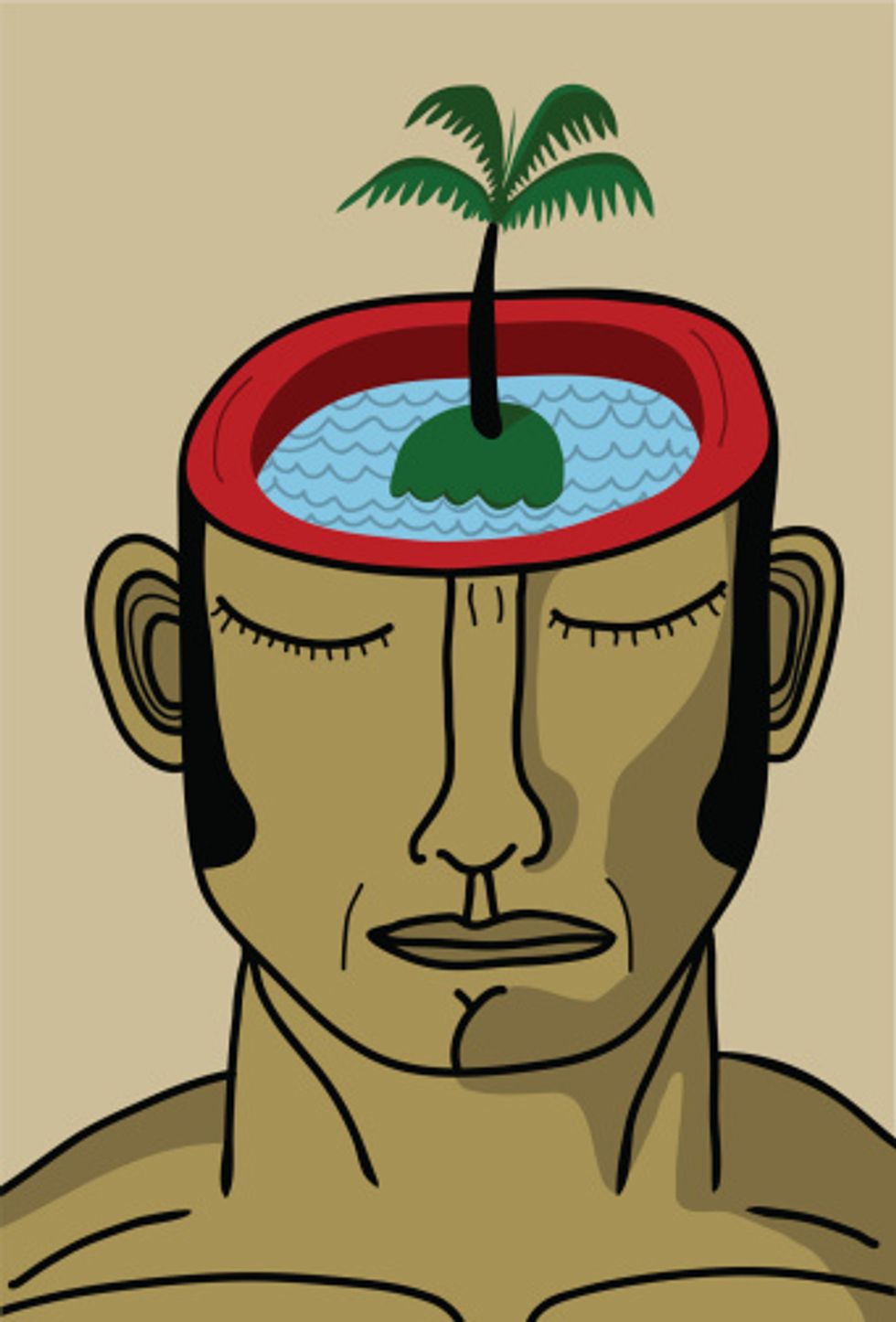
"Play some games," he told her. "Crossword puzzles, word jumbles … stuff like that. Find something you like and spend a half-hour each morning. Make it like your homework."
For years, brain-training games have been touted for their brain booster benefits. But according to an article on the NPR blog, Shots (https://www.npr.org/blogs/health/2013/11/11/244503589/sweat-your-way-to-a-healthier-brain), it seems that right now, there's more evidence for exercise. The latest findings, it says, "suggest that people may be making a mistake if they're relying primarily on crossword puzzles and brain-training games for mental wellness."
Some recent findings on exercise and age include:
- Rats that ran on a treadmill for at least four months scored higher on memory tests as they aged. Compared with the sedentary rats' brains, their brains also had more blood vessels and white matter. White matter, which contains nerve fibers, plays an important function in the brain's nerve signaling.
- Exercise also helped the rats reverse the slowing of movement that can come with age, which in turn, can lead to falls.
- Another study found that aerobic exercise, like running and biking, might boost the brain health of older adults by increasing blood flow to specific parts of the brain that control mental ability and Alzheimer's disease.
READ: Secrets of a Memory Champ
If you're not in the habit of exercising regularly, talk to your health care provider before you begin. Plan to start slowly, possibly with a five-minute walk to the corner and back. If you have mobility issues, consider swimming or possibly a chair yoga class or other adaptive exercise class.
But what if you can't exercise at all, due to physical limitations? Does that mean you should pack up your Sudoku puzzle books and give up hope of ever finding your keys again?
Certainly not. There are many other things you can do to work your brain:
READ: The Secret Life of a Grown-Up Brain
- Read a book/magazine/section of the newspaper that challenges your thinking. If you normally skip the business section, for instance, give it a try.
- Take the road less traveled. Instead of taking the same route you always take, try the back roads or another highway. Or ditch the GPS once in a while. Spatial reasoning, which you use when you have to navigate a map or directions, can help expand your cognitive health.
- Learn a foreign language. It's been shown to enhance cognitive function and sharpen focus and may even hold off the effects of dementia.
- Take up the piano (or another musical instrument). Studies have found that older adults who learned music when they were children and continued to play for at least 10 years performed better on memory and cognitive tests than those who did not play an instrument.
- Volunteer, socialize, drink coffee. Social interaction can ward off stress and depression, which in turn can contribute to memory loss. As for coffee, some research points to its effects on staving off dementia.
- Get organized—and stay organized. It's easy to lose keys when you don't have a dedicated spot in your home where you always leave them, just as it's easy to forget what to buy at the grocery store if you don't have a list. Enough said.
- Don't multitask. Contrary to what you might think, it doesn't usually help you get more done. More often, doing too many things at once helps you forget what you're doing.
- Focus. Try to limit distractions and concentrate on what you're doing at the time. This might help you remember what you're hoping to accomplish. If you're listening to the television or radio when you're trying to work, your focus might be shifted from your work onto what's in the background, and suddenly your work becomes the background.
- Eat healthy. Make sure to include plenty of fruits, veggies, whole grains and low-fat protein sources like fish, lean meat and poultry (sans skin, of course). And make sure to drink enough water—dehydration can play a role in confusion and memory loss.
READ: Can Obesity Affect Brain Health?
- Pay attention to your medications and health conditions. Review your medications with your doctor. There may be some, unbeknownst to you, that could be affecting your memory. And complications or mismanagement of chronic health conditions like diabetes, depression and high blood pressure can have an effect, as well.
